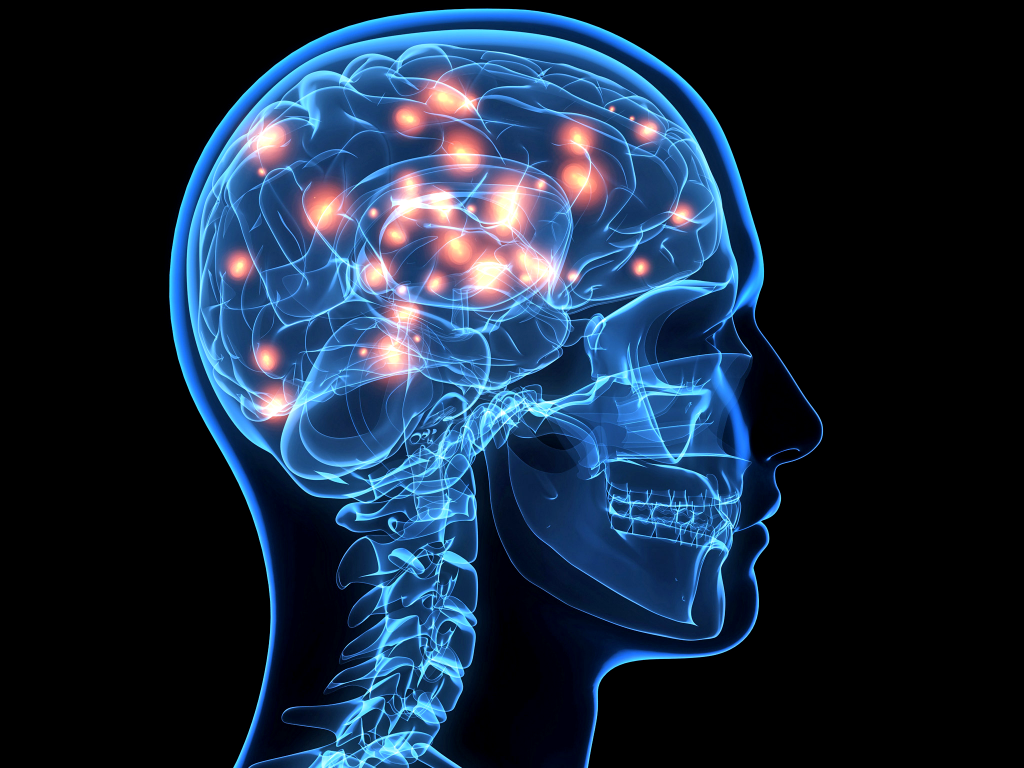
Psychology of Me
Our mind may hold all we know but there are many mysteries to the brain that have stumped scientists and psychologists for years. The modern human brain today is the 3-pound central organ of the nervous system. In contrast, in 2,000,000 B.C.E. the human brain weighed only 1-pound. Evolution has created many miracles for human intelligence, in fact, our brain is going through mentally evolutionary processes all the time, even when we don’t know it!
Emotions are elicited by neurons within the brain, which is comprised of neurons (nerve cells). These neurons transmit and process information through electrical and chemical signals. These signals make up our emotion: serotonin, dopamine, epinephrine, norepinephrine etc. Serotonin is the “happy” chemical. It is created by a biochemical conversion process that takes place in the brain and intestines. Serotonin acting in the brain, however, is created exclusively within the brain itself. Thineurotransmitterer affects mood, hunger, and sleep. Low amounts of serotonin is a leading cause of depression. Dopamine affects learning, love, and attention. However, excessive amounts of dopamine can result in schizophrenia. Because of this electrical and chemical nature of emotions, technically serotonin, oxytocin, endorphins and dopamine etc. are the only things you enjoy!
 Psychology, as a modern science, is traditionally considered to start in 1879 in Germany by a physician, Wilhelm Wundt, who opened his own psychology laboratory. Recognizing science’s ability to break down matter into its constituent parts, psychologists hypothesized that they could use this method to understand the brain. They called this “Structuralism”, which was short lived due to the recognition that they can’t objectively observe and measure a patient’s inner thoughts or feelings. Sigmund Freud’s theories heavily influenced our perceptions of what is considered “morally correct” in today’s western society in terms of sexuality, life stages, childhood, and dream analysis. Sigmund Freud started his own practice in dealing with nervous disorders. This practice led to the breakthrough of communication therapy, or to a layperson, “venting”. Sigmund Freud published over 20 books during the rest of his career.
Psychology, as a modern science, is traditionally considered to start in 1879 in Germany by a physician, Wilhelm Wundt, who opened his own psychology laboratory. Recognizing science’s ability to break down matter into its constituent parts, psychologists hypothesized that they could use this method to understand the brain. They called this “Structuralism”, which was short lived due to the recognition that they can’t objectively observe and measure a patient’s inner thoughts or feelings. Sigmund Freud’s theories heavily influenced our perceptions of what is considered “morally correct” in today’s western society in terms of sexuality, life stages, childhood, and dream analysis. Sigmund Freud started his own practice in dealing with nervous disorders. This practice led to the breakthrough of communication therapy, or to a layperson, “venting”. Sigmund Freud published over 20 books during the rest of his career.
Today’s understanding of the brain and psychology is more clear than before, but much of what we know is still theoretical. Only 25 years ago we thought the brain was unchangeable and that we only use certain parts of the brain at certain given times and that they brain was more-or-less dormant when you are not otherwise actively engaged. Today we know life events and environmental factors have the ability to alter the brain. Brain-maturity is flexible and varies by person. This concept is related to neuroplasticity. Neuroplasticity is the brain’s ability to recognize itself and change and respond to its environment. Our brain changes every time an event happens. Every time you learn something new, you change how your brain functions. The changes are chemical in the short-term and structural in the long term, altering its function.

Our consciousness is the essence of our own mind. In a materialistic world view, arguments can be made to logically feel lonely, depressed, and disconnected. But, in a blissfully conscious universe, there is every reason to feel connected and loved.
